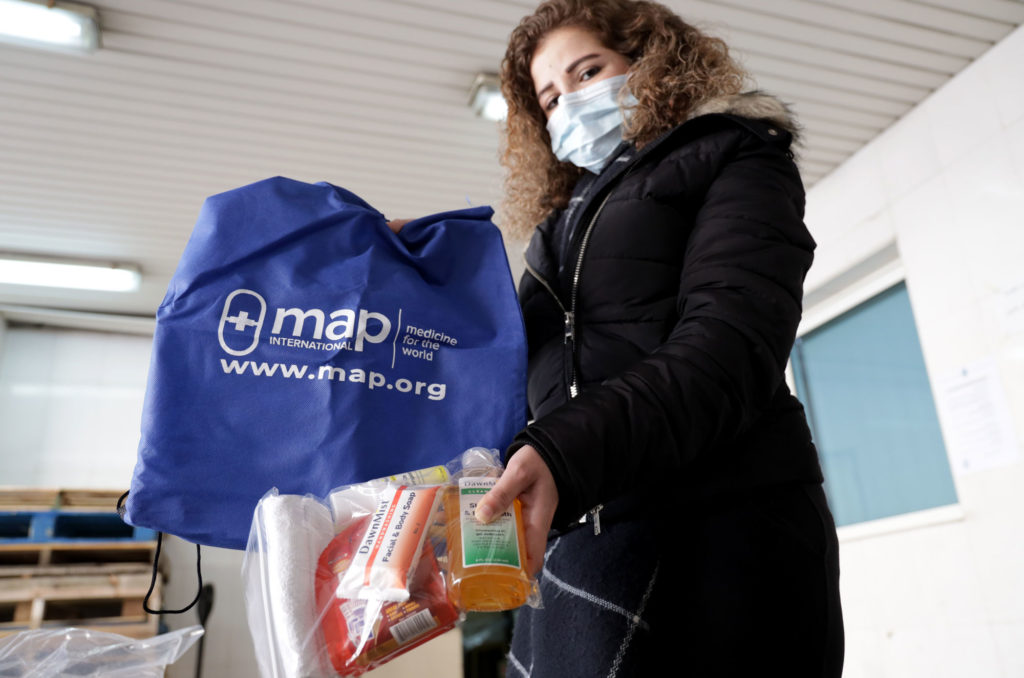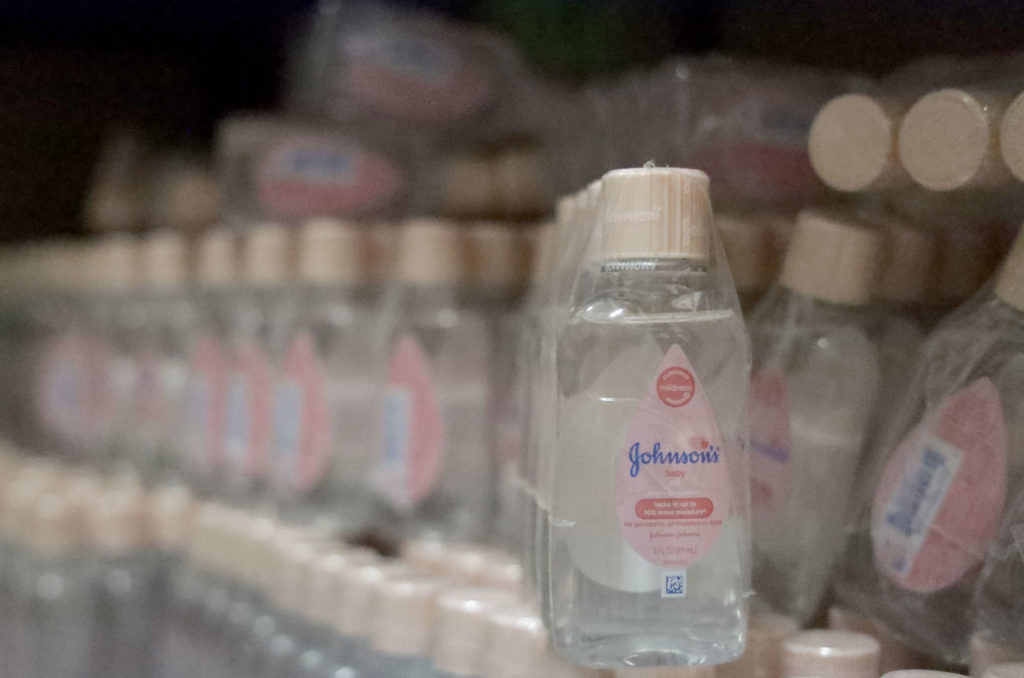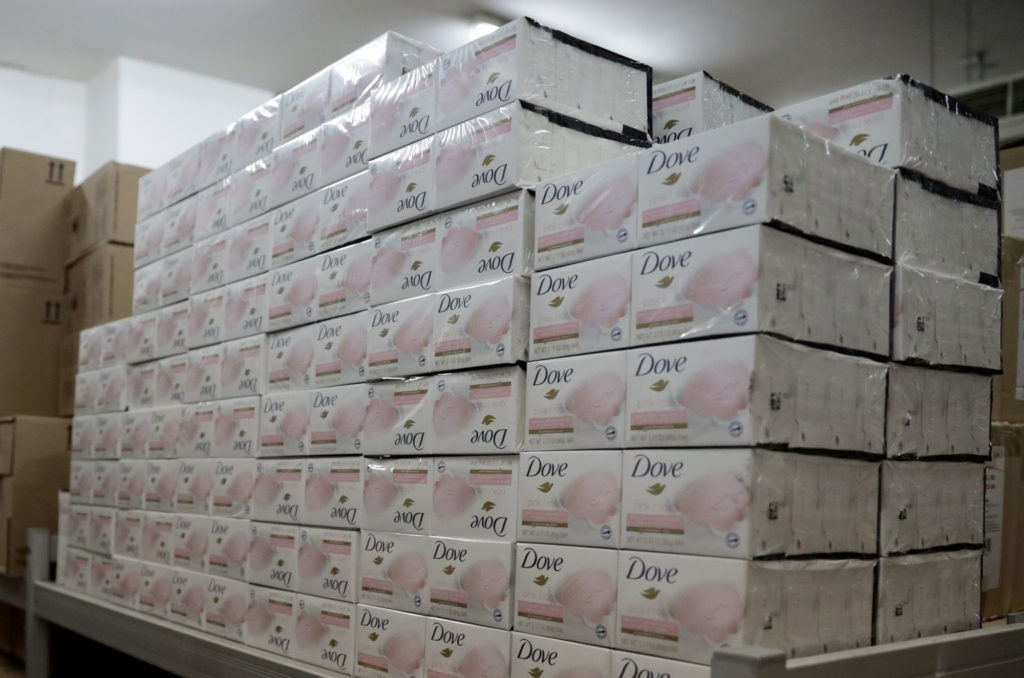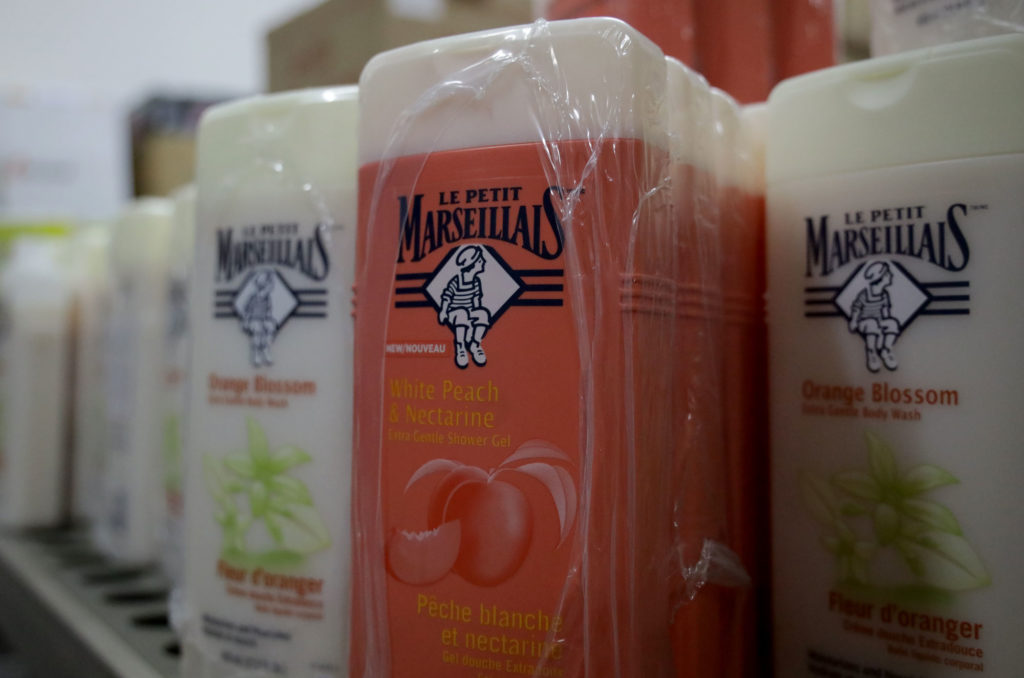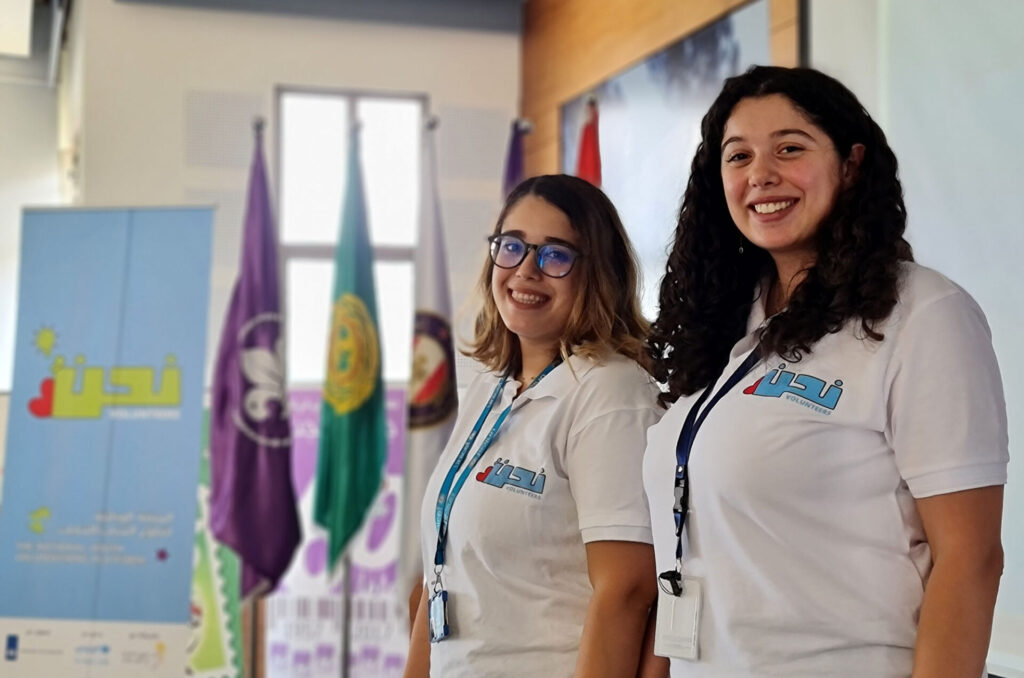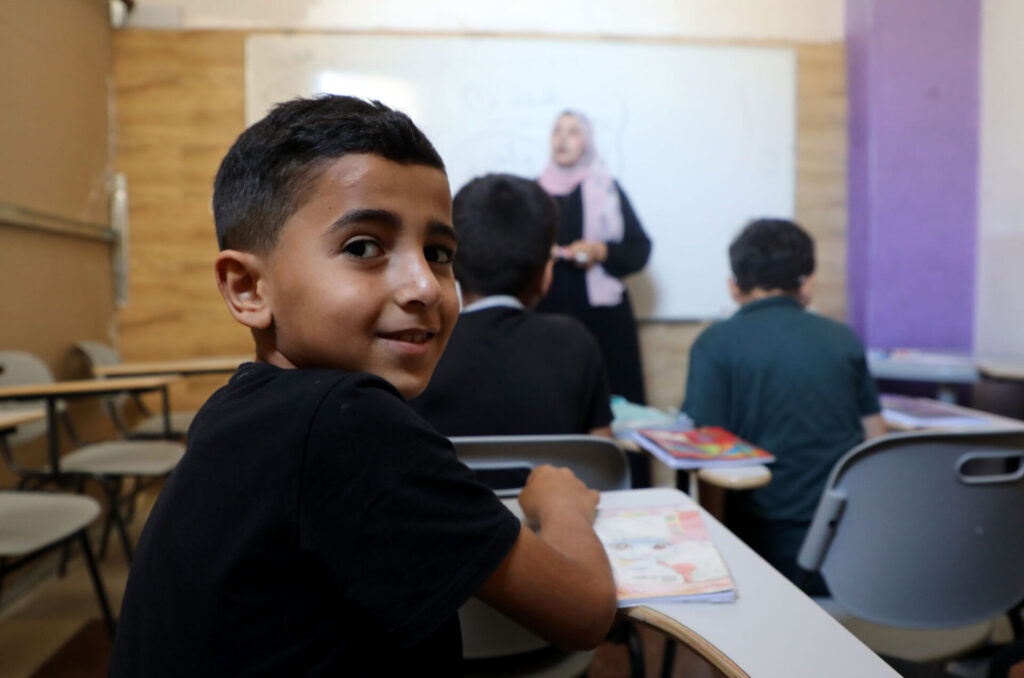May, 2021
International medical and hygiene aid offer relief during the financial crisis
Daily life has been completely upended for the people of Lebanon in the last two years. Even without the pandemic, the economic crisis has transformed living standards for nearly everyone, impacting everything from education to food, health, and personal hygiene consumption habits. Many old daily habits are simply no longer affordable.
Many personal hygiene products are now largely out of reach for most people. Everyday items like disinfectant and soap have become very expensive. People often resort to buying low-quality products or have stopped using them altogether.
The government has angered many by excluding sanitary pads from the list of items it subsidizes, while including razors for men. Until the end of 2019, imported sanitary pads sold for around 3,000 Lebanese lira. The pads have since tripled in price. The going rate is now some 9,000 lira.
Unsurprisingly, many humanitarian aid projects in the country report high demand for personal hygiene products. The lack of basic hygiene products can have immediate negative implications for sanitation, the spread of disease, water contamination, and food security. Even hospitals are having difficulty maintaining their stocks of hygiene supplies, especially since the Beirut blast in August 2020.
Anera and our local partners are working to help deliver hygiene products to vulnerable communities who simply do not have the capacity to purchase many of these items anymore.
MAP International, a faith-based non-profit dedicated to providing health supplies and medication to those in need, generously donated a shipment of personal hygiene products, medicines, and PPE to the people of Lebanon.
Anera distributed MAP International’s donation to the Rafik Hariri University and Miniyeh Governmental hospitals. We delivered items like sanitizer, soaps, deodorant, toothpaste, shampoo and other supplies to medical staff, as well as PPE like surgical masks and gloves, and various medicines.
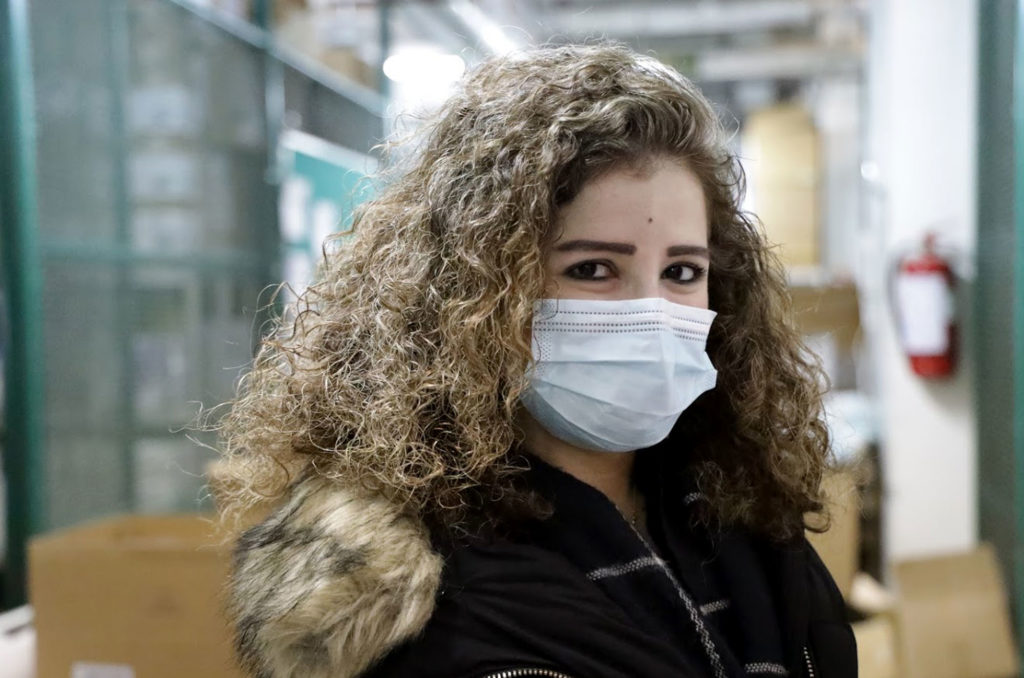

Mirella al-Khalli, a nursing supervisor in the COVID-19 ward at Rafik Hariri University Hospital, says,
“The personal hygiene items that Anera delivered are so important to us, especially in our department, since we require all staff to take frequent showers to be sure that the coronavirus doesn’t spread externally.”
“The donations have helped relieve the burden on the hospital budget,” she says. “The items are essential to maintain hygienic standards for operations in the ICU and the general ward.”
